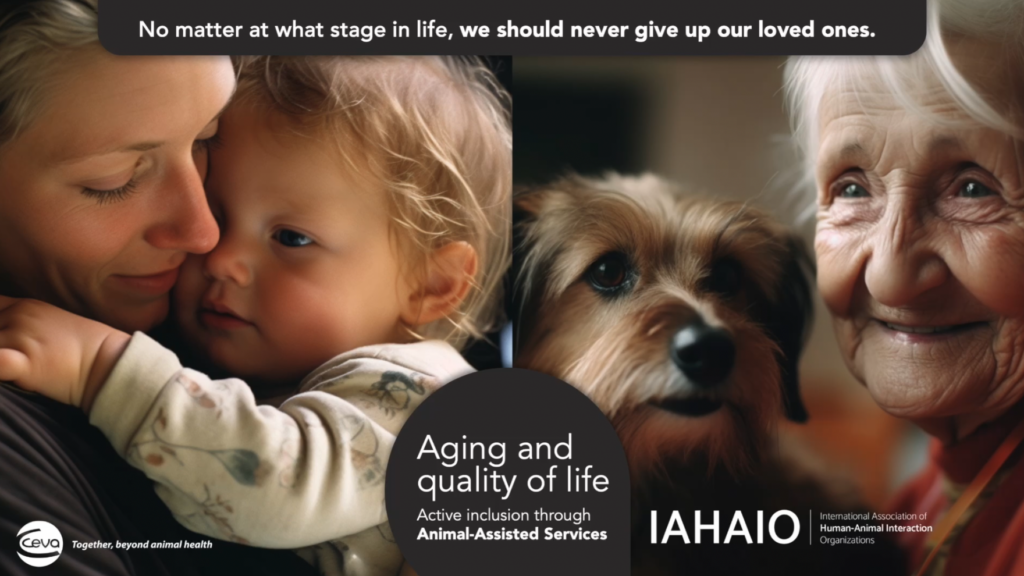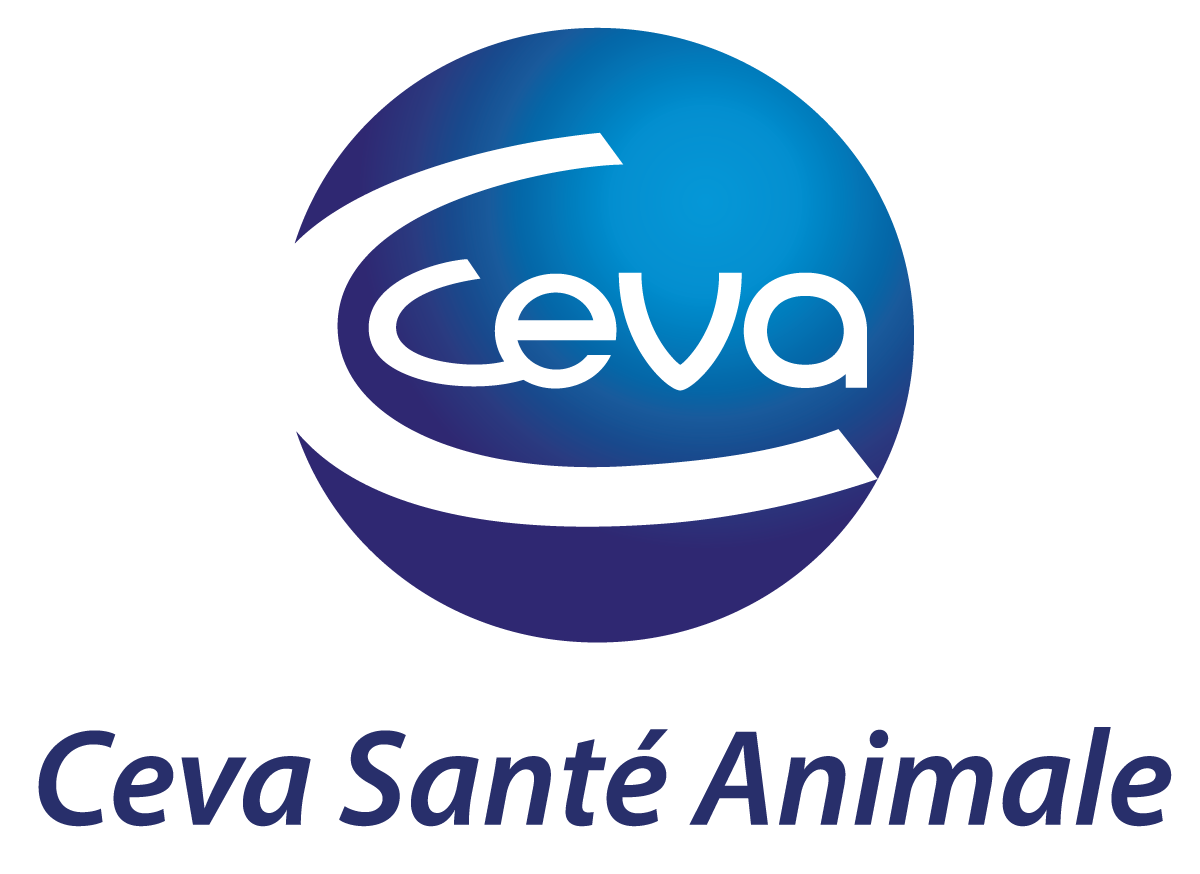Ceva partners with IAHAIO to focus on improving the quality of life of our elderly and their companion animals

Europe has a rapidly aging population with the highest growth rates in the very elderly. Between 2019 and 2050, the number of people 85 years of age and above in 27 EU countries is projected to more than double to 26.8 million and the number of centurions will more than quadruple to almost half a million. This inevitably means that larger numbers of elderly people will require assistance, either in their own homes or care homes, and they will tend to require this assistance for longer.
Most people’s perception of care homes for the elderly are not positive: the stereotypical picture is one of bored people sitting around in dull institutional settings with little to do. In the early 1990s, Bill Thomas, an American doctor, was working in a US care home. He decided that the lives of the elderly residents could be much more fulfilling; the facilities they lived in did not need to be sterile, rigid place where they went to wait to die.
He proposed a radical alternative to the medical model that almost all such homes then followed. He suggested that these facilities are primarily homes, not hospitals, and they should adopt a ‘human habitat’ model. This meant that the residents’ lives should be enriched in various ways, including by being surrounded by animals and plants, and having daily activities with children. Overall, he aimed to banish what he considered to be the three major curses afflicting the lives of care home residents: loneliness, helplessness and boredom.
For many years now, Ceva is committed to “Promote the essential bond between people and animals.” We all understand that animals are good for us but in its partnerships with expert groups such as, IAHAIO (International Association of Human Animal Interaction Organisations), Ceva is committed to furthering the science behind the bond.
Martin Mitchell, Ceva’s Chief Sustainability Officer, recently addressed IAHAIO’s latest Global Conference, which focused on “Aging and the Quality of life” and the role that animal-assisted services can play in improving loneliness and the mental well-being of our elders.
As part of our commitments, Ceva has been researching in the Netherlands, France and UK how we might change the current approach in the design of care homes, so that elderly people can retire there, together with their pets, who are often their most cherished companions. Companion animals, especially dogs and cats, can make an enormous difference to the lives of elderly people, whether they still live in their own homes, often alone, or have taken up residence in a care home. Although not all elderly people can currently benefit from the companionship of animals, several dedicated organisations and volunteers are determined to help make sure this vital bond contributes to the wellbeing of both people and animals.
This short video details more about our work and you can read more in our 2022 Economic & Social report.
